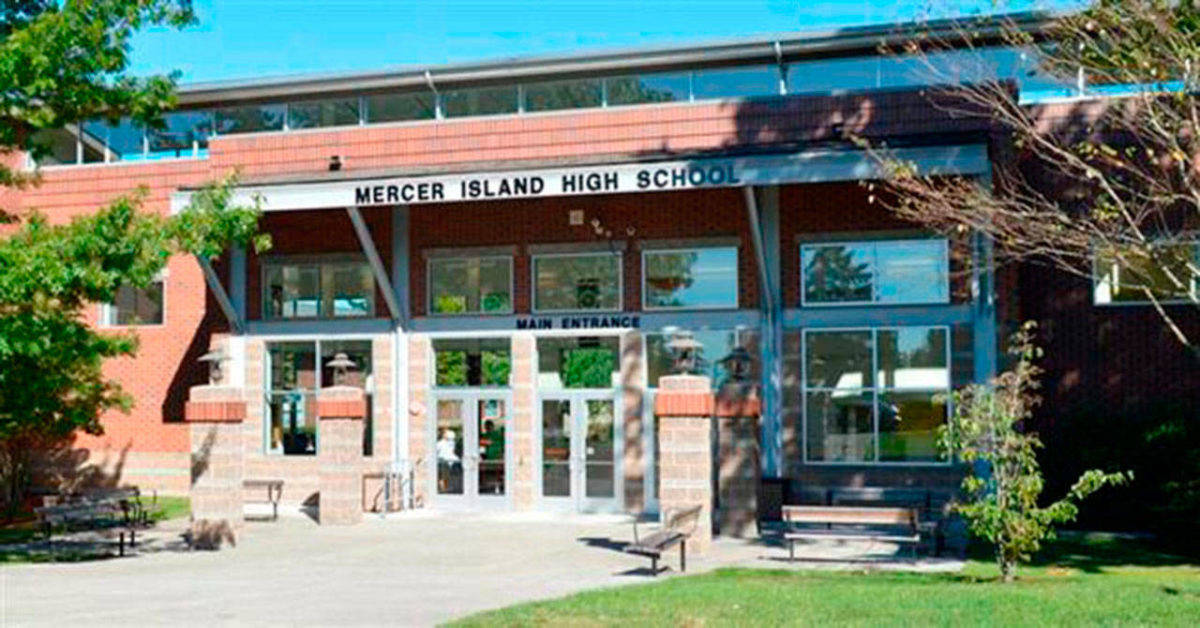Staff Report
The Mercer Island School District School Board approved the 2020-21 budget at its Aug. 27 meeting.
The board anticipates General Fund revenues of $68.4 million and expenditures of $71.9 million. This fund supports the main operations and core educational mission of the district, according to Tyrell Bergstrom, MISD executive director of finance and operations. Funding comes from a mix of local levies, donations and program fees and state and federal funding.
The Capital Projects Fund — with anticipated revenues of $6.7 million and expenditures of $12.6 million — is funded from local levies and is restricted to the construction, renovation or upgrade of facilities and for instructional technology resources.
With anticipated revenues of $303,000 and expenditures of $1.2 million, the Transportation Vehicle Fund is restricted to the purchase of buses. This funding comes from a state supplied depreciation payment to help districts replace buses as they reach the end of their useful lives.
Local levies fund the Debt Service Fund, which repays the construction bonds of 2014-15 used to remodel Islander Middle School, Mercer Island High School and build Northwood Elementary. Revenues of $8 million and expenditures of $7.8 million are anticipated.
Lastly, the Associated Student Body Fund provides revenues and funds for student activities and charities. Revenues of $1.4 million and expenditures of $2.1 million are anticipated for this fund, in which students design and run fundraisers and approve expenses. In addition to fundraisers, money comes in from student stores, ASB card and club fees, athletic fees and gate receipts.
“We are starting the 2020-21 fiscal year in a relatively healthy fiscal position, but our resources are most likely going to be tested as we continue to respond to the pandemic in an ever evolving manner,” Bergstrom said. “We anticipate some funding problems with specialized state funded revenues, such as pupil transportation, in the coming year, unless the legislature addresses some key funding issues.”


